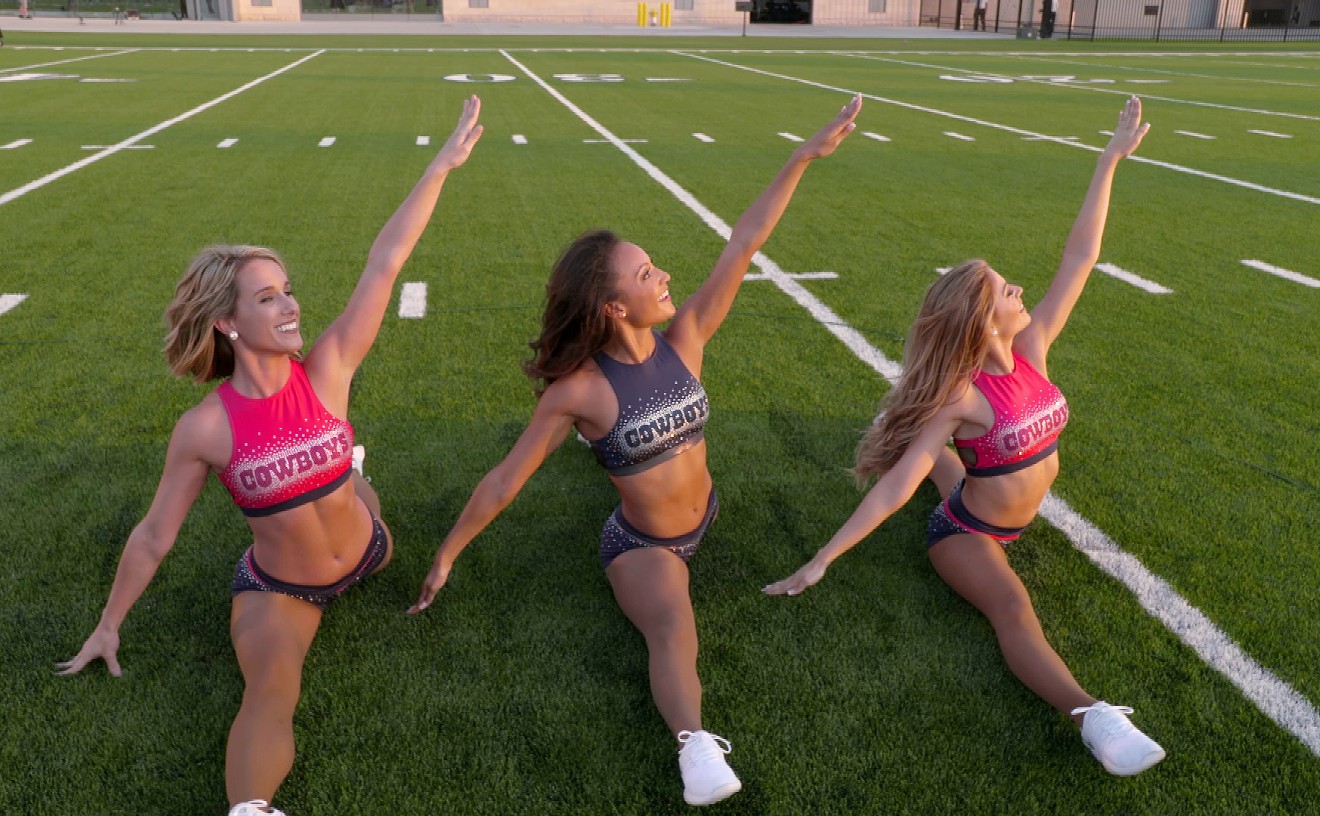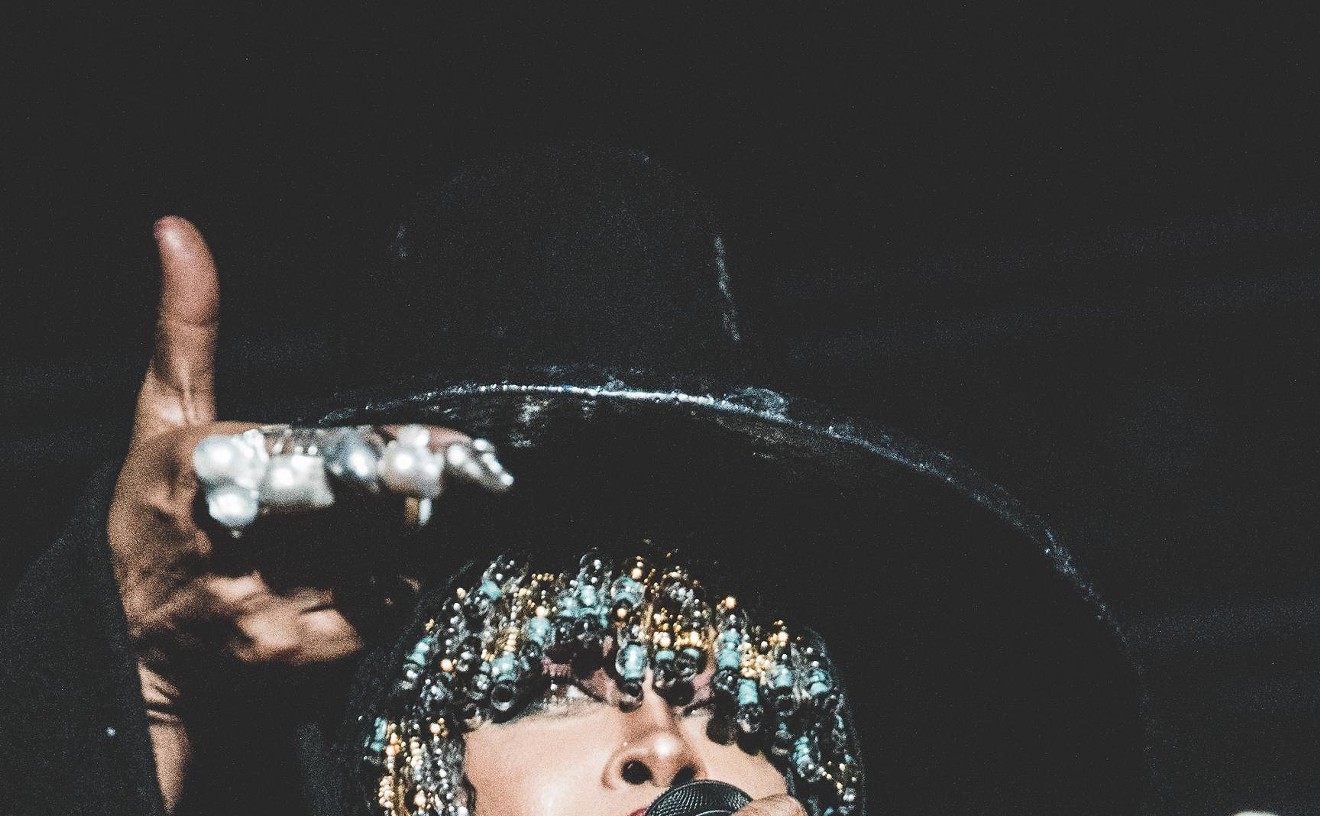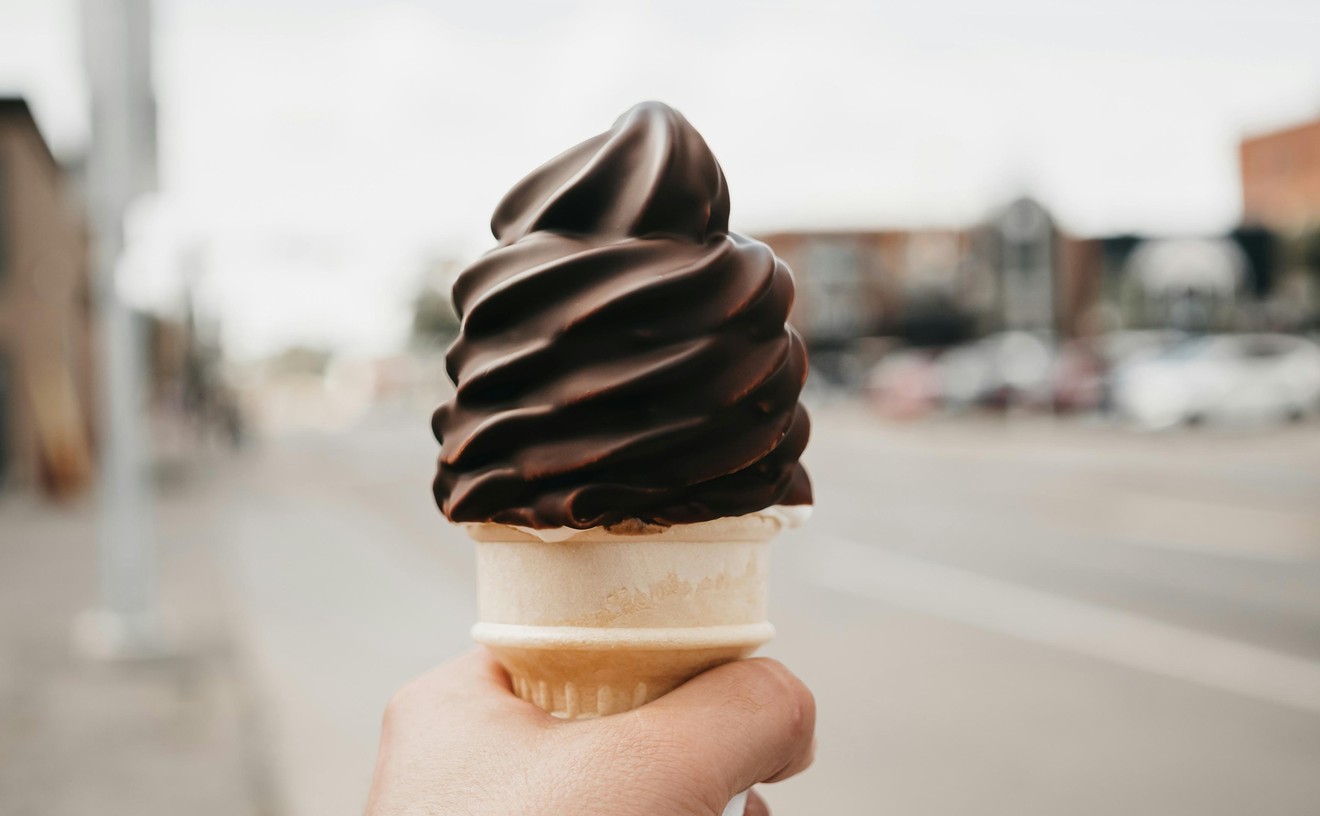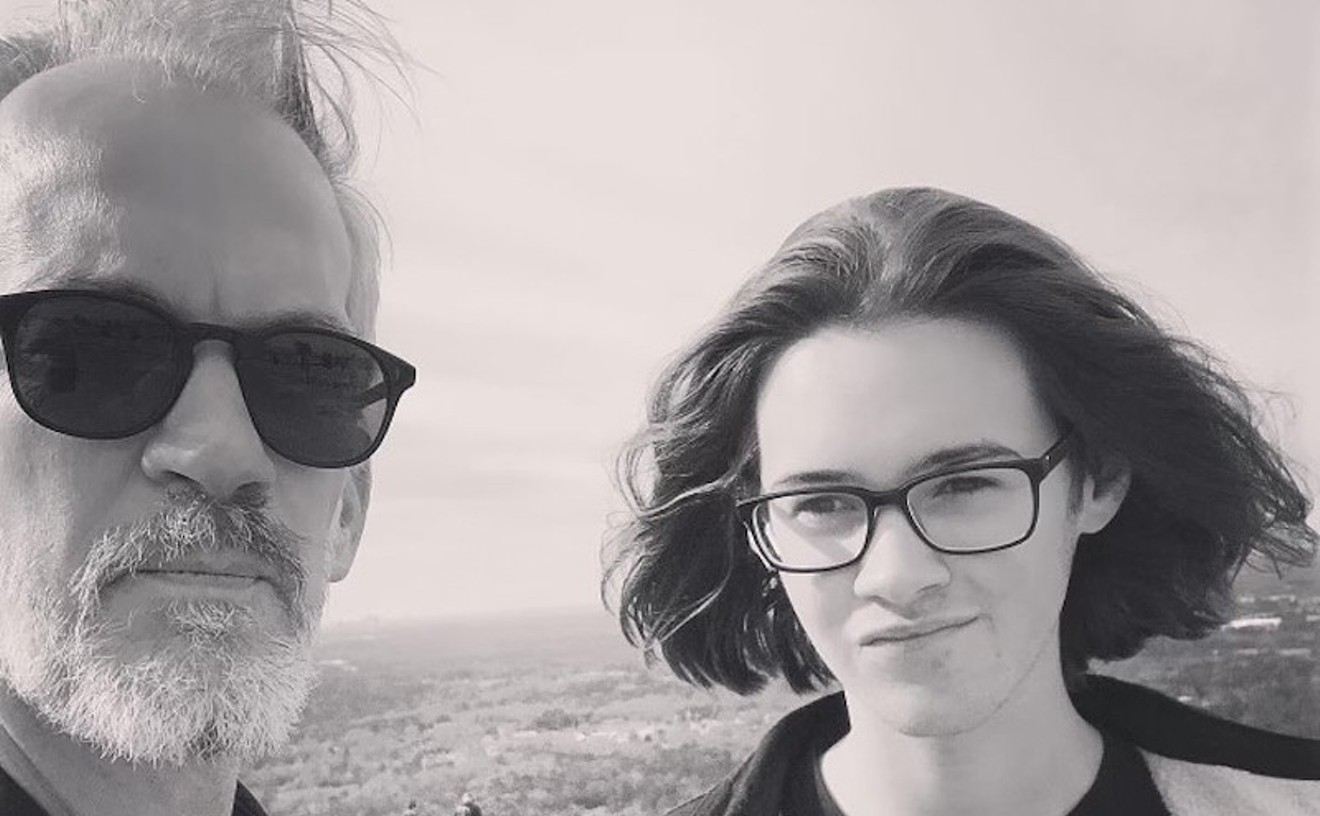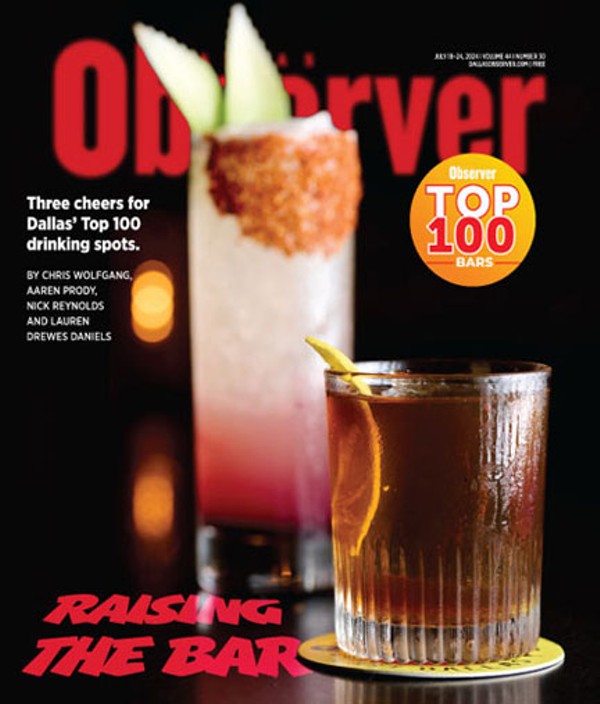As a kid, you get exposed to all kinds of preachy diatribes about the horrible fate of liars. Those warnings certainly deserve their place (and have won many a lazy children's author coveted awards like the Newberry), but none feels as relevant as the trauma that befalls 11-year-old Harriet M. Welsch, who is ostracized because she dares to think critically of her peers in a journal marked "Private." Nothing she records there is technically wrong, yet all of it comes down like a hard rain on her head when discovered by the subjects she has so mercilessly dissected.
The Paramount-produced, Nickelodeon-approved feature-film version of Harriet the Spy wants to capture the timeless skepticism of Louise Fitzhugh's book and almost succeeds in its relentless, music-video montage of ennui-ridden New York City childhood. The filmmakers fast-forward 30 years and still manage to capture the idea that we're all just next-door neighbors ripe for inspection by a brainy 11-year-old--even if child star Michelle Trachtenberg comes across as far less astute than mindlessly bold.
Trachtenberg is perhaps the biggest liability in this otherwise cheerful version of Harriet the Spy. She preserves Harriet's determination, but can't seem to locate her perceptiveness--certainly the most radical element of Fitzhugh's novel. This may be the biggest reason why no one who loves the book will love the movie. You can picture a magazine full of adolescent actresses (Cristina Ricci, Oscar-winner Anna Paquin), but no young professional currently available could bring that certain smart-ass je ne sais quoi that the literary Harriet deserves. If only Roseanne star Sara Gilbert weren't so old, she'd be perfect--with a shaved head--to strike Harriet's weary anti-Establishment poses.
Current TV talk-show sensation Rosie O'Donnell may be too young for the role of Harriet's mentor, Ole Golly, but she doesn't chew the scenery like you'd imagine any actress who portrays a heroine's muse would. O'Donnell still delivers (abbreviated) samples of Dostoevsky's fatalistic, doom-and-gloom philosophies, but cloaks them inside a stately performance as The Voice of Conscience.
Harriet the Spy is an inevitable disappointment for every reader--and that's 2.5 million customers, based on the most recent sales figures--who has painted the heroine in his own mind. Michelle Trachtenberg does the best she can to portray Harriet as a cynical outsider within director Bronwen Hughes' After-school Special-on-amphetamines approach. Since her chipmunk face unfortunately can only register either joy or terror, she doesn't seem quite tough or canny enough to have earned her proud place on the fringes of the sixth grade.
This film version of Harriet the Spy is boisterous where the novel was brittle and content to slap the generic label "mischievous" on Harriet's forehead instead of exploring the nuances of her thinking. "The book was better!" is a timeless lament, but in this case, capturing the wry tone of Fitzhugh's book was perfectly feasible with the right combination of actress, screenwriter, and director who understood precisely what Harriet's lesson was--how to use her intelligence intelligently, so to speak. "Sometimes you have to lie" was the conclusion made by Fitzhugh's heroine, but this movie version seems incapable of drawing such a sophisticated lesson from the well of gloppy sentiment at its heart. The message is garbled until you get the impression that the filmmakers are subtly chastising Harriet for her acuity. "Don't think mean thoughts" seems to be the limp moral of this screen translation.
That may sound like harsh criticism of a children's movie that's still smarter than most of its kindred. (If I had a daughter, I'd lock up video copies of The Babysitters Club like they were hard-core pornography.) But just imagine if Harriet were writing this review. She'd really let 'em have it--and be dead on target, as usual.
Harriet the Spy. Paramount. Michelle Trachtenberg, Rosie O'Donnell. Written by Douglas Petrie and Teresa Rebeck, based on the novel by Louise Fitzhugh. Directed by Bronwen Hughes. Now showing.





